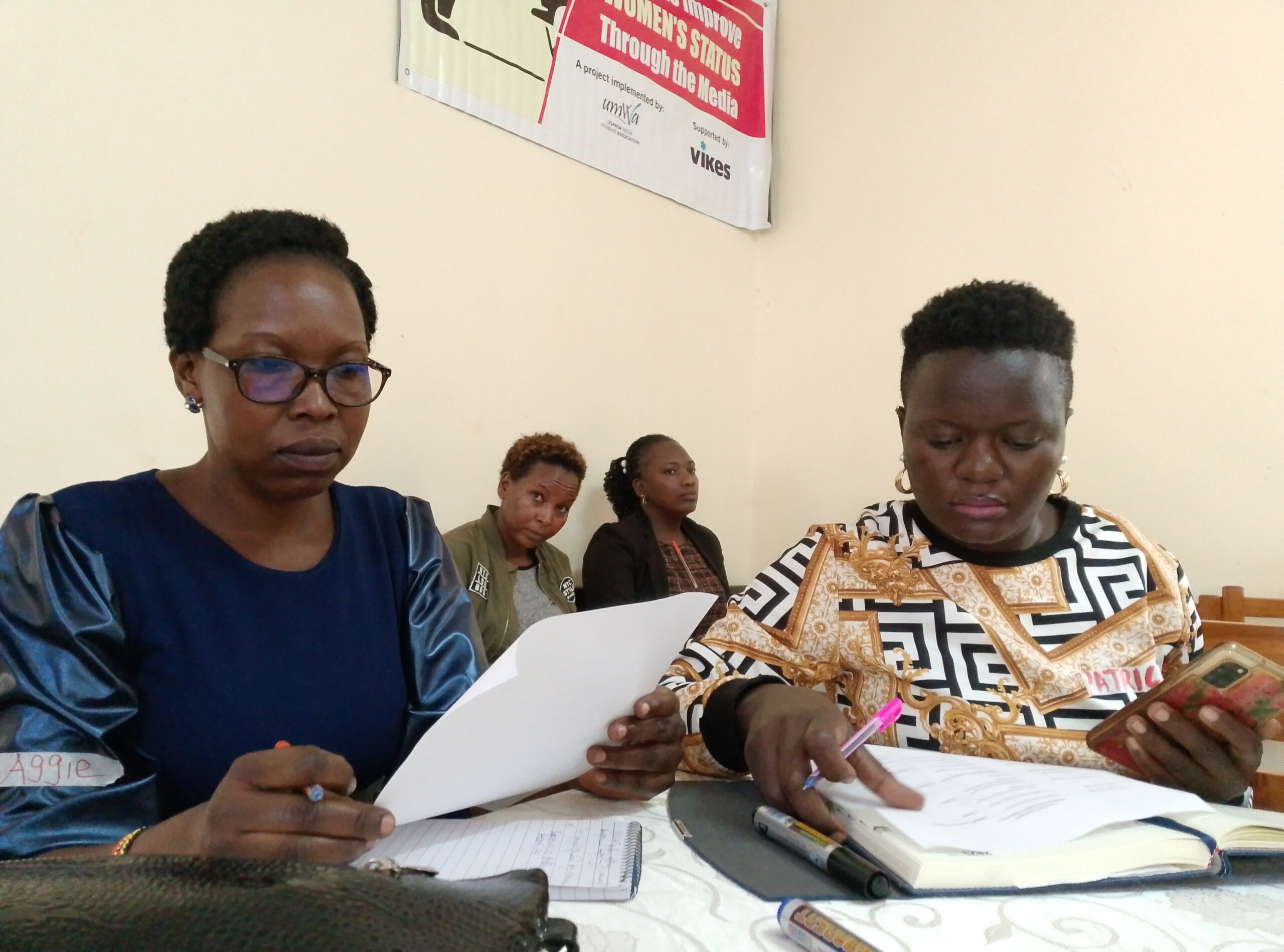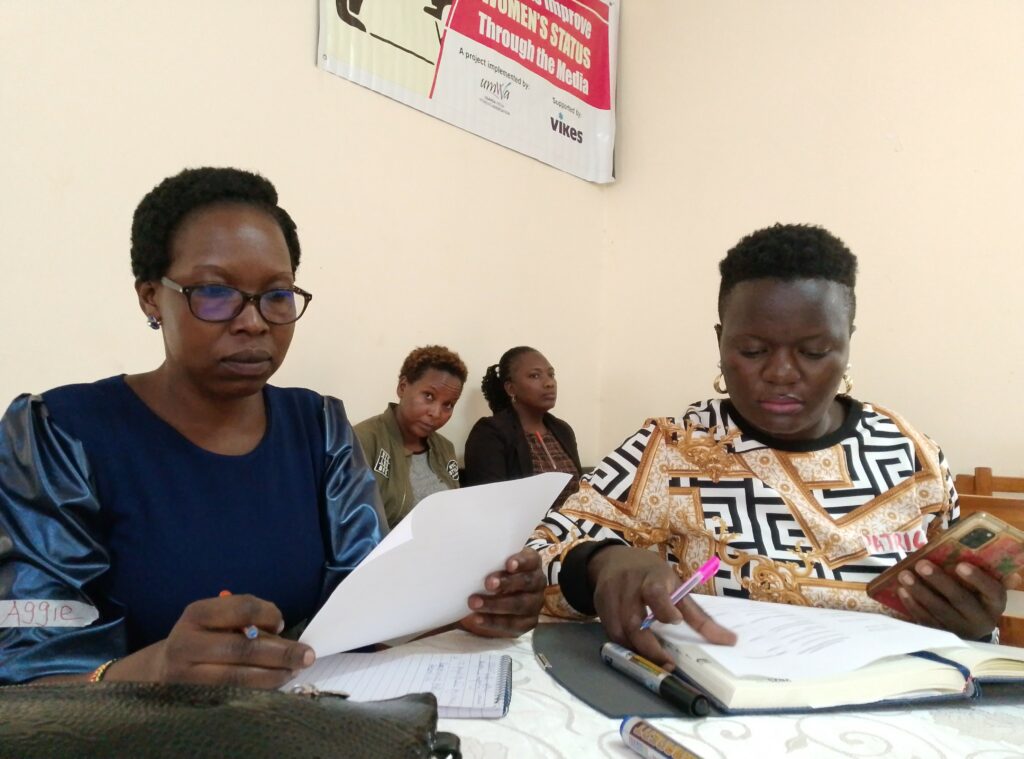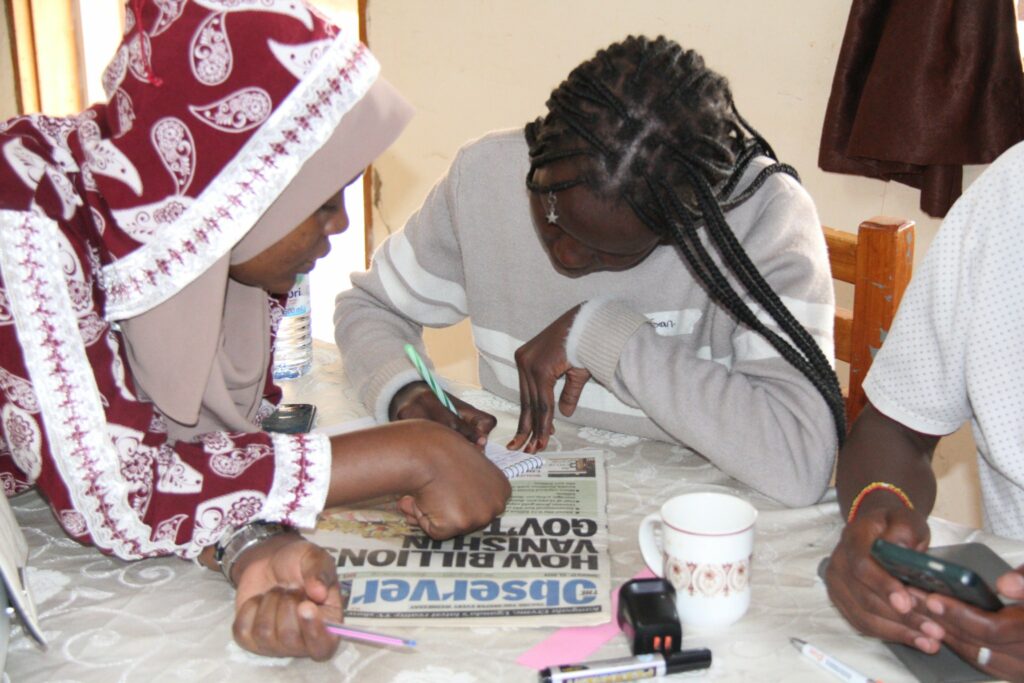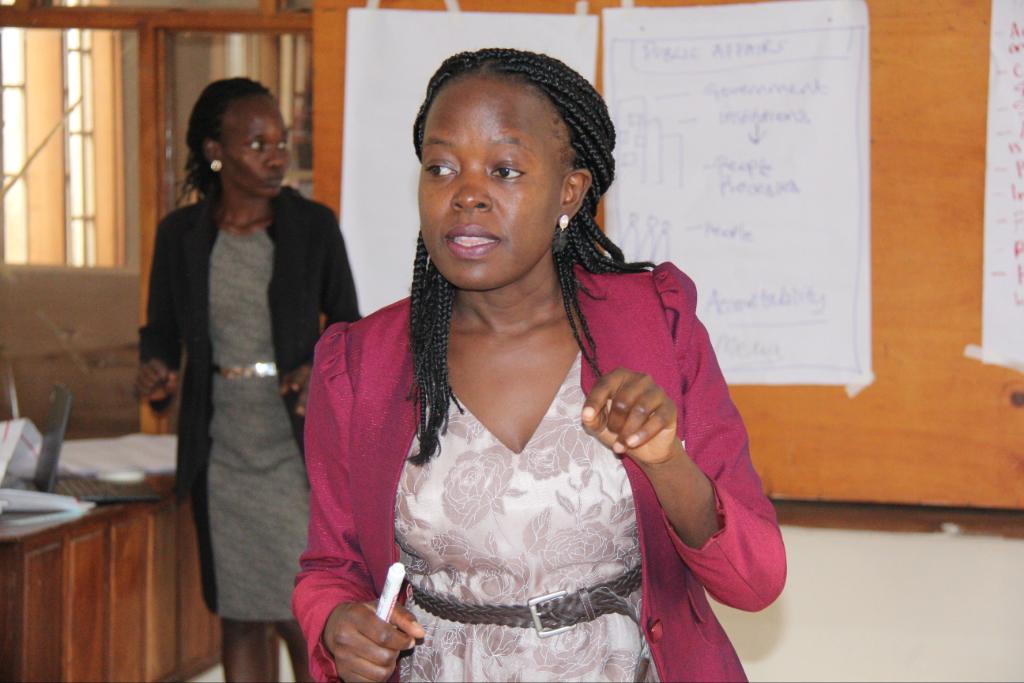
 Mama FM
Mama FM

 Mama FM
Mama FM
10 March 2025, 10:13 pm

By Byamukama Alozious
The Uganda Media Women’s Association (UMWA) has launched a two-day training program for journalists on responsive public affairs reporting.
The training aims to equip journalists with the skills and knowledge needed to promote inclusivity and accountability in their reporting.
During the session, journalists discussed various topics, including the importance of involving marginalised voices, balancing stakeholders, and focusing on local stories. They also analysed news articles to identify key elements of public affairs reporting, such as the involvement of people, processes, and policies. The Women in Media project is supported by the Finnish Media Development Cooperation (VIKES).
One group discussion, led by Shadrack Bethel from Time FM Mbale, focused on a news article about a newborn baby who died at Kawempe National Referral Hospital, with the body partly eaten by rats. Journalists examined the public affairs aspects of the story, including the hospital’s mortuary facilities and the treatment of the body by health workers. They also discussed the need for accountability and the family’s right to know what happened.

Another group discussion, led by Carol Nowamani from Family TV, analysed a news article about a woman who was advised to have her private body parts removed, leading to her death. Journalists highlighted critical issues such as consent, health implications, and financial considerations.
The training emphasised that public affairs reporting involves people, processes, and policies and can cover political, economic, and social issues, as well as topics related to technology, the environment, and the law.
Jan Ajwang, a trainer from Media Focus on Africa, stressed that public affairs reporting must be provocative, prompting action and holding those in power accountable. She encouraged journalists to dig deeper, gather important data and facts, and ensure that their reporting leads to tangible change.

Catherine Apalat, Project Coordinator for Women in News, announced that a total of ten female journalists, five from Kampala and five from the north, will receive grants to produce investigative stories after the training. This initiative aims to support in-depth reporting by women journalists on critical issues affecting communities.